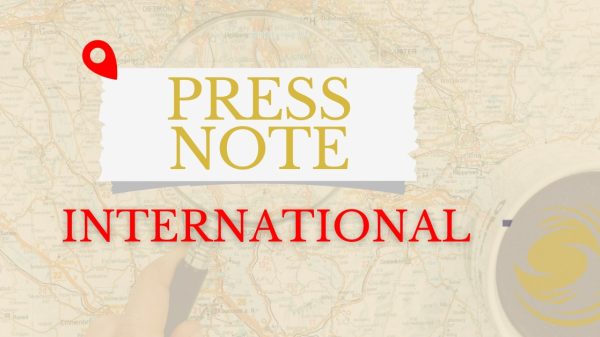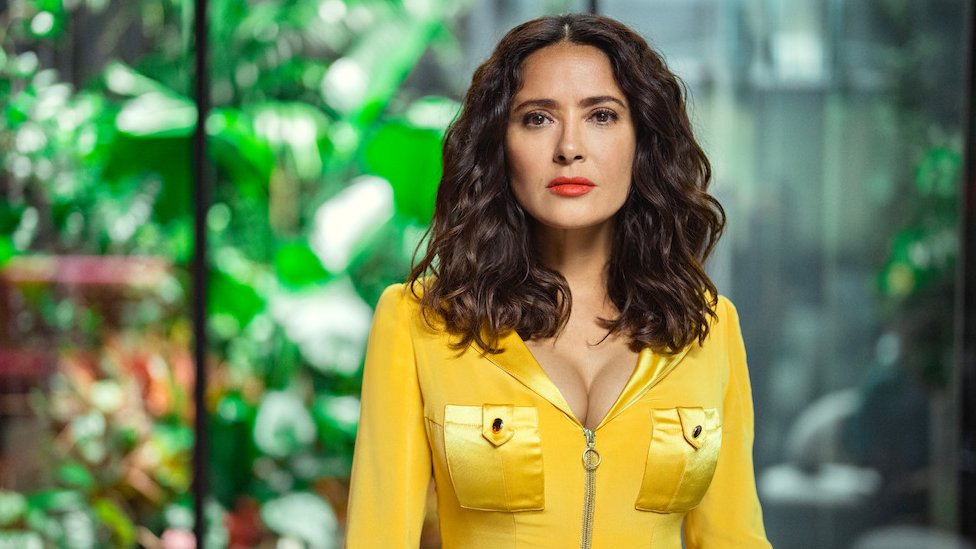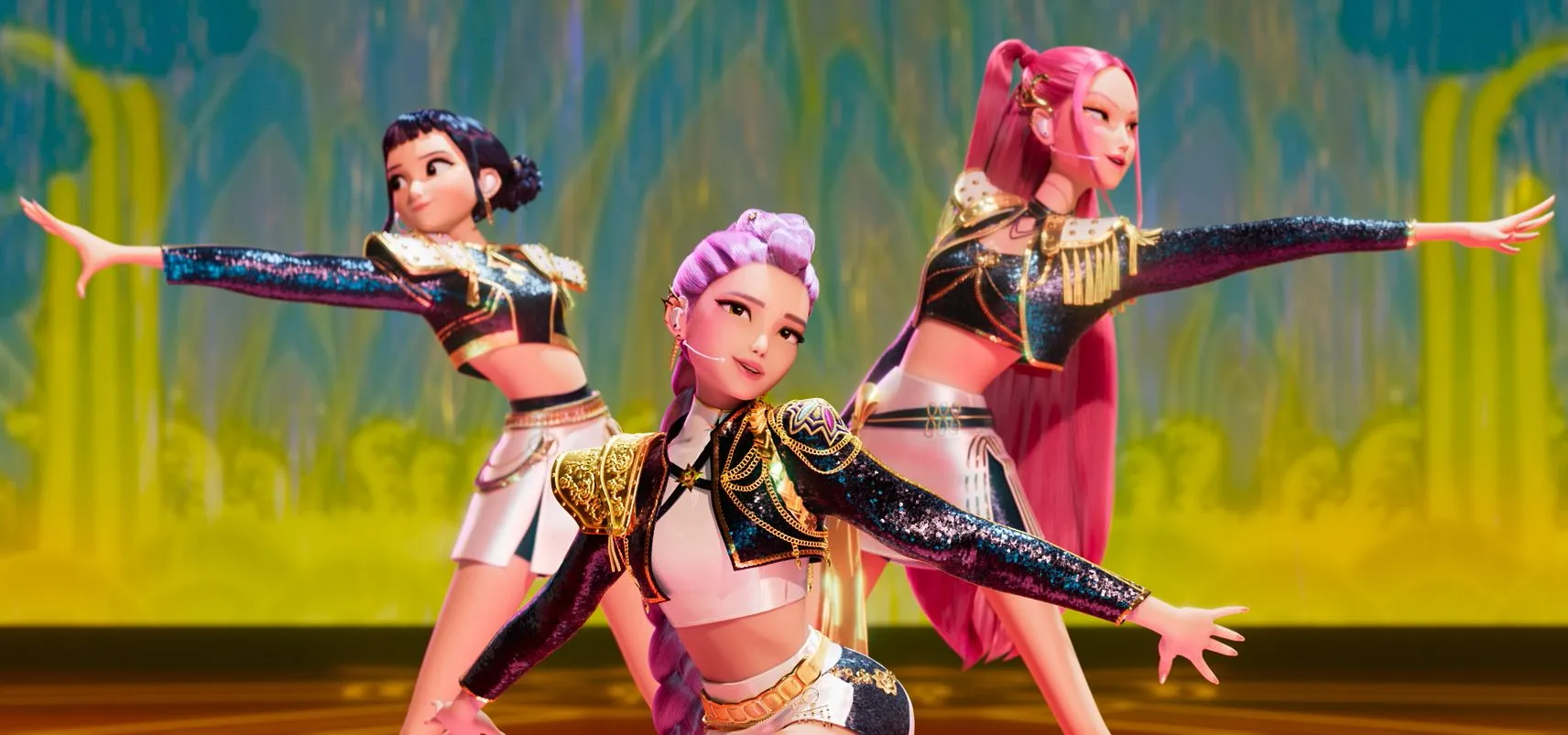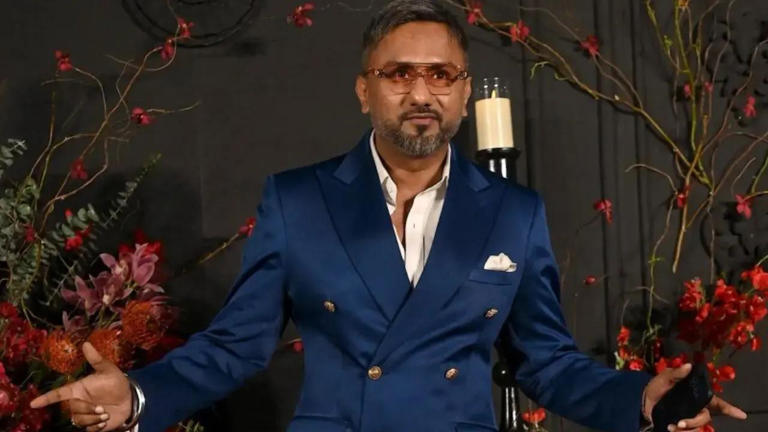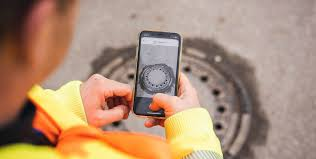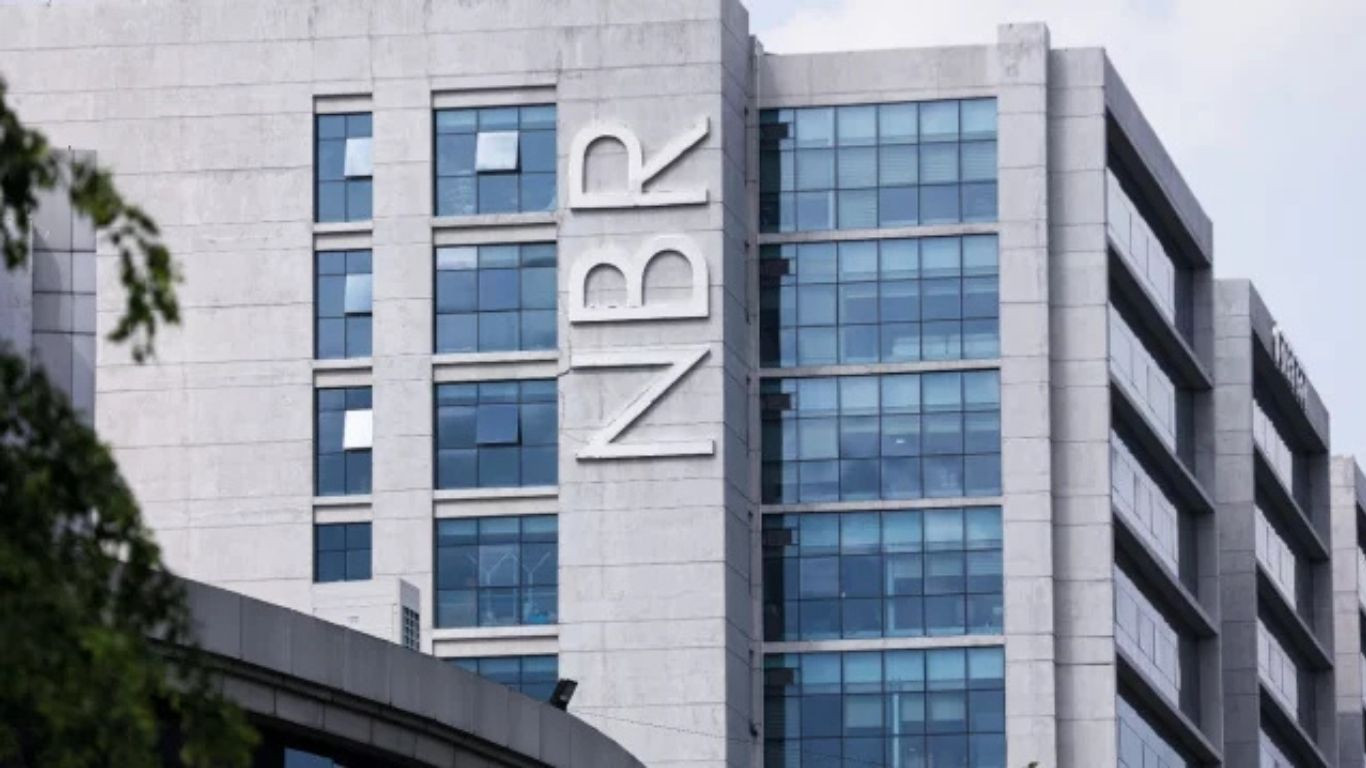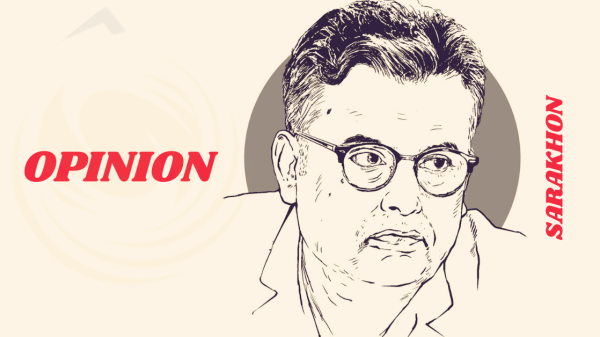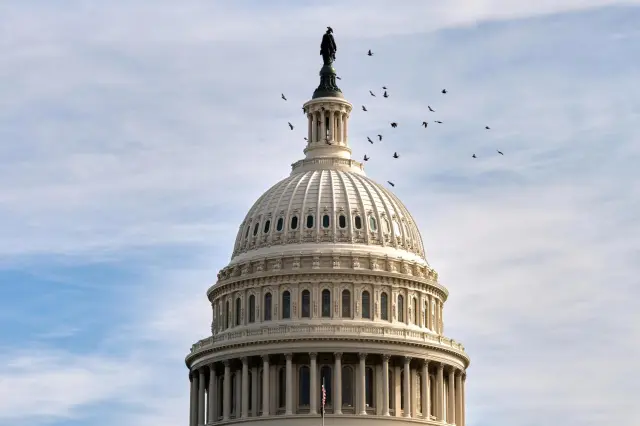How CNN host Dana Bash handled past interviews with Kamala Harris

How CNN host Dana Bash handled past interviews with Kamala Harris
The Straight Times
SAVANNAH, Georgia – Vice-President Kamala Harris’ interview on Aug 29 with Ms Dana Bash of CNN is the first major unscripted moment of her young presidential campaign. But it isn’t her first encounter with Ms Bash.
The CNN political anchor has interviewed Ms Harris on three occasions in the past few years. In those past meetings, Ms Bash was a firm-but-fair interlocutor: sometimes granting Ms Harris time to meander through lengthy answers, and sometimes pressing her,repeatedly, when the vice-president equivocated on tough issues.
It was Ms Bash, in 2022, who elicited Ms Harris’ memorably odd description of herself as “the daughter of a woman, and a granddaughter of a woman”. (The anchor was asking about the vice-president’s reaction to the Supreme Court opinion that overturned Roe v Wade.)

In the same interview, Ms Bash pushed Ms Harris on the Biden administration’s plans to secure abortion rights in the wake of the ruling. The vice-president declined to give a full-throated endorsement of the strategies floated by Ms Bash, like challenging state laws or an executive action.
“But what do you say to Democratic voters who argue, ‘Wait a minute, we worked really hard to elect a Democratic president and vice-president, a Democratic-led House, a Democratic-led Senate. Do it now,’” Ms Bash asked.
“But do what now?” Ms Harris replied. A 2021 interview at the White House, conducted at a distance because of pandemic protocols,appeared less tense. Ms Bash asked Ms Harris about being the first Black and Indian person to serve as vice-president – “How is that bringing itself to bear in the White House?” – and murmured in concurrence when Ms Harris said that Congress should act to restrict certain gun rights.
Waiting 32 years for justice in an Indian rape case
BBC,
My heart is filled with so much pain. Even today, I cry when I think about how that one encounter destroyed my life.The year was 1992. Sushma* said she was 18 when a man she knew took her to an abandoned warehouse under the pretext of watching video tapes.
There, six to seven men tied her up, raped her and took photographs of the act.The men belonged to rich, influential families in Ajmer, a city in the western Indian state of Rajasthan.
After they raped me, one of them gave me 200 rupees [$2; £1] to buy lipstick.I didn’t take the money, she said.Last week, 32 years later, Sushma saw a court convict her rapists and sentence them to life imprisonment.

I am 50 years old today and I finally feel like I got justice,she said. But it cannot bring back all that I have lost.She said she had endured years of slander and taunts from society because of what happened to her, and both her marriages ended in divorce when her husbands discovered her past.
Sushma is one of 16 victims – all schoolchildren or students – who were raped and blackmailed by a group of powerful men in different places in Ajmer city over several months in 1992. The case became a massive scandal and sparked huge protests.
Last week, the court handed out life sentences to six of the 18 accused: Nafis Chishty, Iqbal Bhat, Saleem Chishty, Sayed Jamir Hussain, Naseem – also known as Tarzan – and Suhail Ghani.They have not confessed to the crime and their lawyers said they will appeal the verdict in a higher court.
Uzbekistan is looking to electric cars to help drive its green transition
Tashkent, UzbekistanCNN —
The most populous country in Central Asia is heavily dependent on burning fossil fuel for electricity. But over the next few years, Uzbekistan plans to slash its carbon footprint.That’s no easy feat for one of the world’s most carbon emission-intensive economies,according to the World Bank. And one part of its green growth strategy is encouraging the adoption of electric vehicles (EVs).
Five years ago, the country dropped excise and customs duties on electric and hybrid vehicles. This ended up cutting the cost of buying an EV by as much as half, according to some estimates. Over the past three years, sales of EVs in Uzbekistan have increased 10-fold.
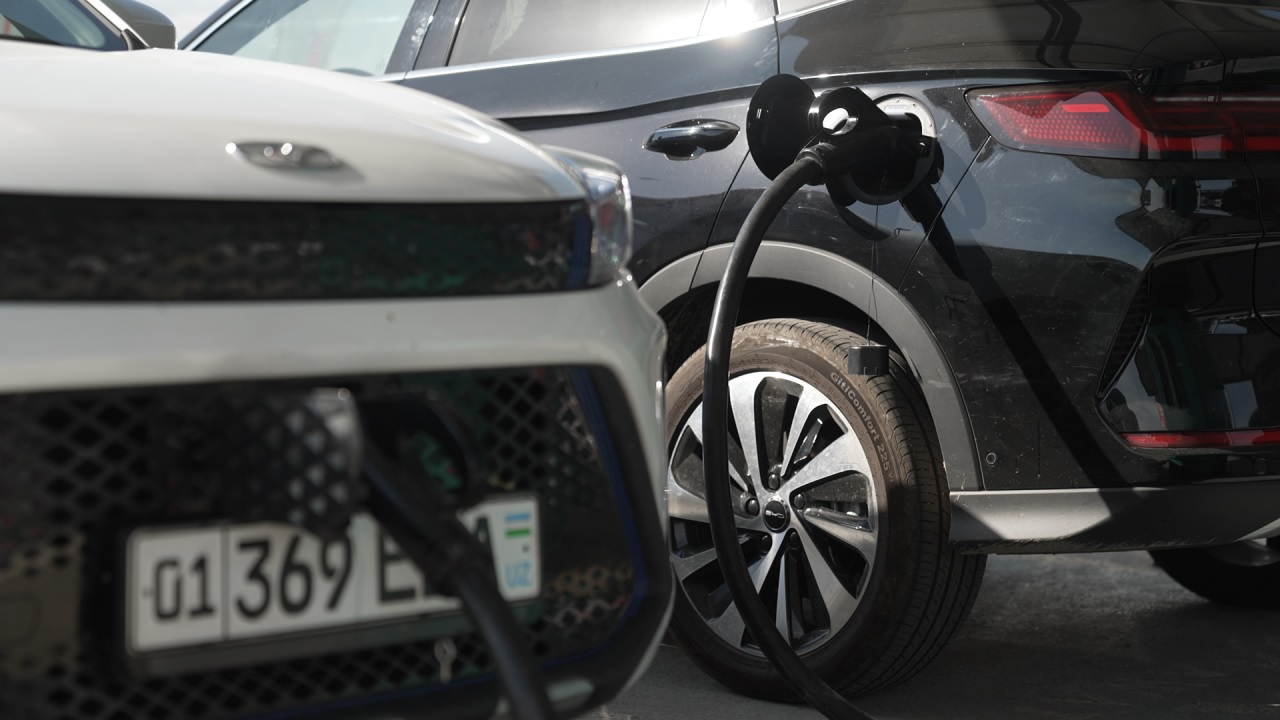
For Tashkent-based project manager Timur Chutbaev, the lower price was a major incentive to buy his first battery-powered car.“Because of my job I travel a lot … and I’ve driven many cars,” Chutbaev told CNN. “If you compare a similar model or similar price range, it’s cheaper to buy an EV now than to buy a gasoline car.”
Powering an electric car is also cheaper than one running on diesel or gasoline as Uzbekistan has some of the world’s lowest electricity costs, which are heavily subsidized by the government. Chutbaev says charging at home costs him $5 for 500 kilometers (310 miles) of driving.
Last year, just over 25,000 electric cars were sold, out of 1.7 million total car sales. Of those EVs, over 90% came from China, with Shenzhen-based BYD, one of the world’s biggest EV manufacturers, dominating imports.


